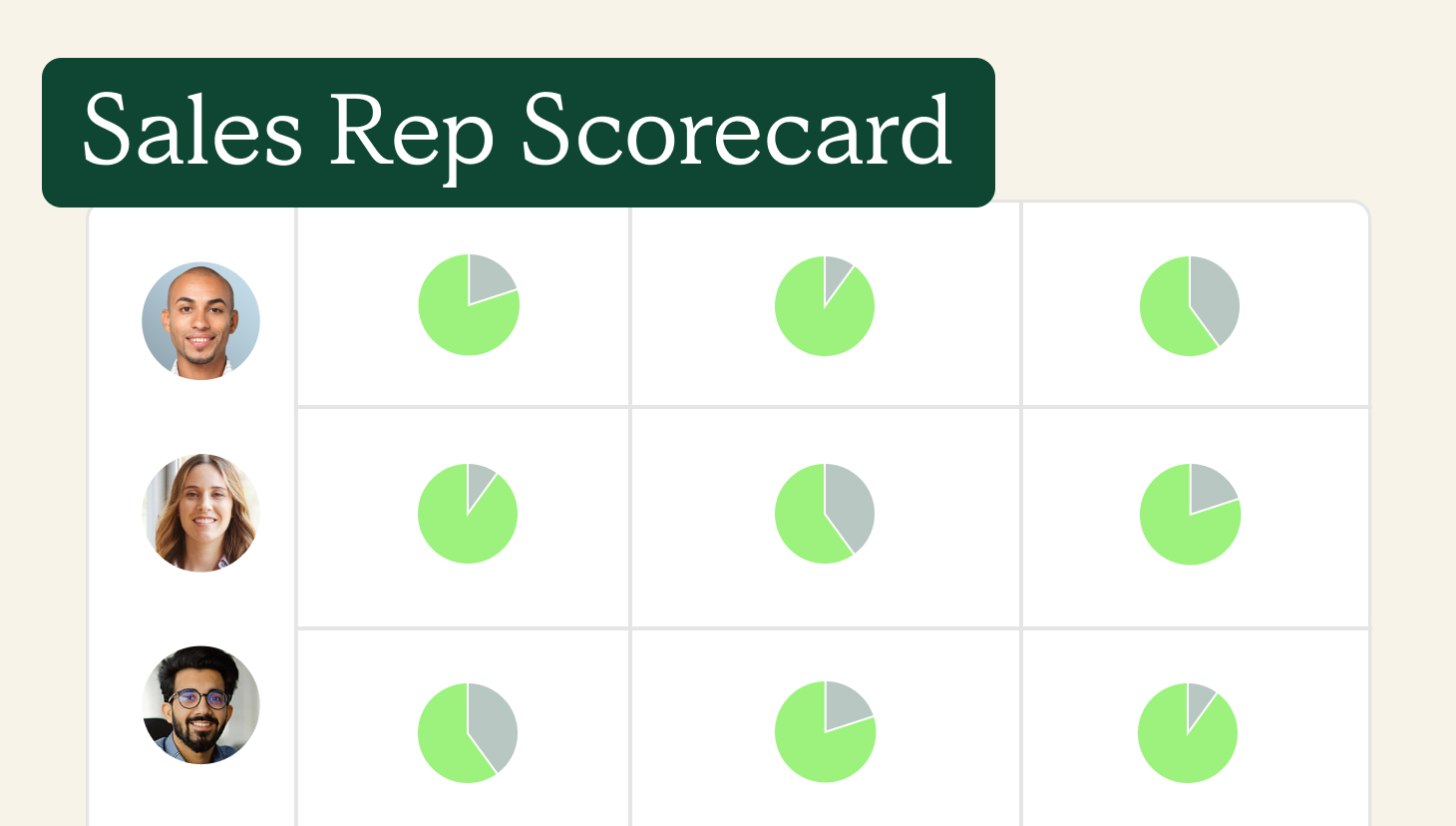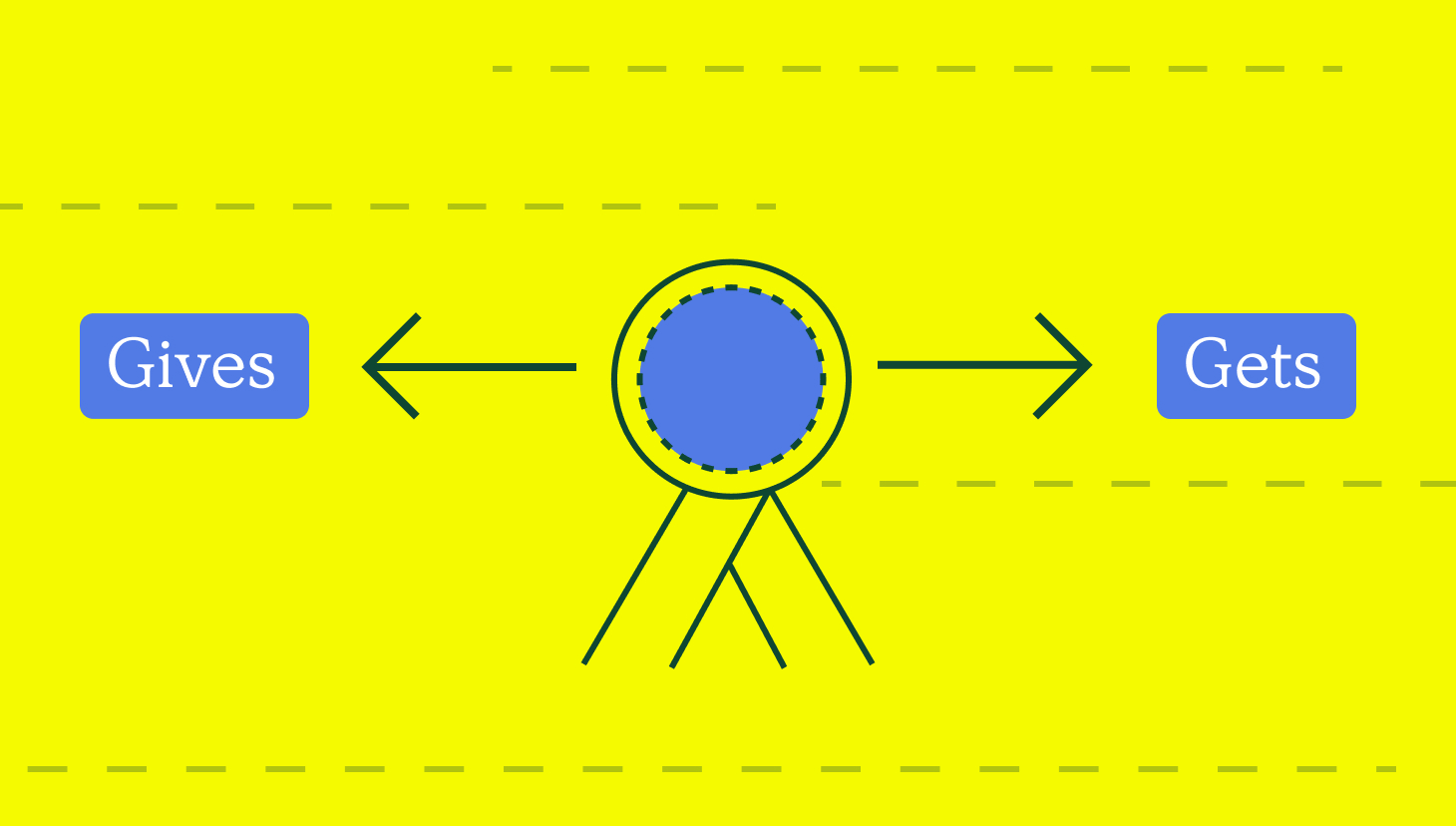Motivation is a tricky thing. Not everyone is inspired by the same type of encouragement. Some salespeople are after the win. Just getting a “yes” from a prospect is enough to trigger a tidal wave of adrenaline. Others want a little extra in their bank account or something tangible to show off at home. As a sales manager or similar supervisor, you have the freedom to motivate using those goals as your guide.
These team incentives tick all the boxes to help you reinvigorate your sales-chasing squad and get that much closer to your department’s collective objectives.
Streamline commissions for your RevOps, Finance, and Sales teams
Design, track, and manage variable incentives with QuotaPath. Give your RevOps, finance, and sales teams transparency into sales compensation.
Talk to Sales1. Tie team incentives to sales goals
If you want to promote teamwork, foster the idea that the team that succeeds together also wins bonuses together. When the team hits a goal, everyone gets a bonus. It’s perhaps the simplest incentive on the list, but it’s also effective.
All for one and one for all comes into play here. Strong employees are likely to work hard to compensate for weaker salespeople or newer colleagues still learning the ropes. While those uneven contributions aren’t great for morale in the long run, they do balance out in the short term. No one loses sight of the goal line because everyone needs to make it across.
- Example: Everyone gets a $500 bonus if the team hits $100k in October.
- Example: If the team hits the company’s annual target, everyone gets a $1,000 bonus.
Remember, these team sales goal bonuses can apply to a single launch or campaign or be tied to monthly, quarterly, or even annual goals. The prize doesn’t have to be cash, either. It could be a change in scheduling, a free meal, or tickets to a popular event. Leaders may consider another benefit, such as a spa day to help combat stress. Some people might even like the idea of giving to charity or snagging a prime parking space.
2. Bonuses for hitting quotas
This type of incentive compensation still encourages teamwork but doesn’t entirely tie a single employee’s bonus to other team members’ performances. Instead, each employee that hits their own goal receives smaller bonuses, which are available to everyone on the team. The two out of eight team members who hit their quotas may receive bonuses, or all eight team members might receive them.
This idea creates a solution that promotes cooperation without erasing individual recognition and accomplishment. The approach encourages employees to help each other out but doesn’t penalize high producers if one coworker is lagging behind.
One variation is to award individual bonuses for quotas and smaller bonuses for each team member that also hits theirs.
- Example: You get a $500 bonus if you hit your quarterly quota plus an addition $200 bonus for each team member who hits theirs.
- Example: Each person on the team who hits their monthly quota receives a $100 restaurant gift card.
3. Time off for hitting targets
Who doesn’t like time away from the office that doesn’t eat up sick days or PTO? Offering time off in return for hitting key targets gives hardworking team members a mental break and time out of the office to recharge. By setting targets high, sales managers can still push productivity and meet their own goals while offering an impressive incentive. The work just gets done in less time (and you can see what your team is truly capable of when pushed). In such cases, consider distributing glass awards to the most successful employees and team members to celebrate and honor their accomplishments.
One possible perk of this type of incentive is the opportunity for rewarding something other than sales quotas.
- Example: If the team sets 40 meetings this week, everyone gets Friday off
- Example: If the team sells $100k this month, they get the first week off next month
4. Sub-team competition
Time for some friendly competition! Split your sales team into two smaller teams, and have them compete. Everything they accomplish still goes into the team’s till, so to speak, but there’s an additional win for the “sub-team” that emerges victorious.
- Example: Split your 10-person sales team into two five-person sub-teams. The sub-team who sells the most gets to split $2,000.
- Example: Break a 30-person SDR team into three 10-person teams. The team that sets the most meetings gets $300 per person
Streamline commissions for your RevOps, Finance, and Sales teams
Design, track, and manage variable incentives with QuotaPath. Give your RevOps, finance, and sales teams transparency into sales compensation.
Talk to Sales5. Team speed bonus
When time is of the essence, choose this incentive, which is basically a game of beat the clock — or beat the calendar. If the team hits a specific target by a specific date, everyone gets a bonus. The target could be leads, sales, or meetings. The incentive could be cold hard cash, time off or something else such as remote work days or a coveted sales trip.
- Example: If the team hits its quarterly quota by the end of the second month, everyone gets $300.
- Example: If the team hits its monthly quota early, they get $30 per person for each day left in the month.
6. Team accelerators
Accelerators build on existing compensation plans. If the team hits its quota, everyone gets an extra percentage on top of whatever deal they already have in place.
- Example: If the team hits quota, everyone gets an extra 2% commission on all their closed deals.
- Example: If the team hits 110% quota, everyone gets a $100 bonus for every deal they closed.
7. Team sales cycle bonus
Some team incentives speak to a specific pain point rather than encouraging overall sales. Say you want to shorten the team’s sales cycle. Just give a bonus based on whether the team is able to cycle through the sales steps faster. The size of the bonus can increase depending on how much shorter the sales cycle ultimately gets.
- Example: If the team’s average sales cycle for the month is less than 45 days, everyone gets a $300 bonus.
- Example: If the team’s quarterly average sales cycle is less than 90 days, everyone gets a $50 bonus for each day under the previous average.
8. Team average contract size bonus
Another team incentive that focuses on a specific pain point, this one tackles average contract size. If you want to increase the size of the deals your team is closing, give them a reason to go the extra mile. The bonus can be tied to a general increase in contract value or tiered depending on the size of the increase.
- Example: If the team average contract value rises above $30,000, everyone gets a $500 bonus.
- Example: If the team average contract value is more than $20,000, everyone gets a $400 bonus for each deal over $20,000.
Team incentives should speak to what you need for your team and what your team needs from you. Whether your team members are looking for recognition, opportunity, money or a break, there’s room for everyone to be happy. For help tracking sales progress, logging accurate commissions and more, check out QuotaPath. Sign up for free, create a custom workspace and see how this resource can help you make the most of every incentive.



